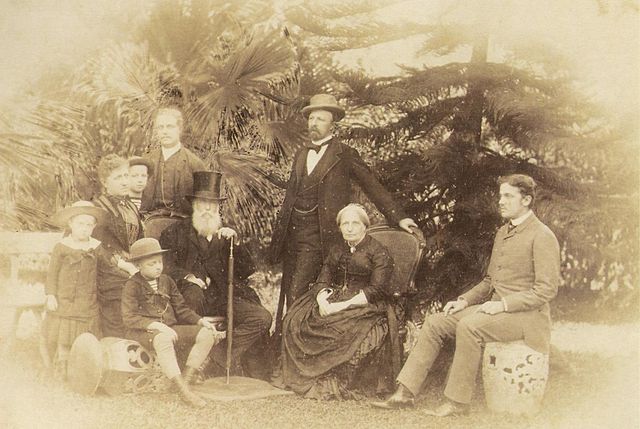The House of Saud is the ruling royal family of Saudi Arabia. It is composed of the descendants of Muhammad bin Saud, founder of the Emirate of Diriyah, known as the First Saudi state (1727–1818), and his brothers, though the ruling faction of the family is primarily led by the descendants of Abdulaziz bin Abdul Rahman, the modern founder of Saudi Arabia. It forms a subtribe of the larger prominent ancient Banu Hanifa tribe of Arabia, from which well known 7th century Arabian theologist Maslama ibn Ḥabīb originates. The most influential position of the royal family is the King of Saudi Arabia, an absolute monarch. The family in total is estimated to comprise 15,000 members; however, the majority of power, influence and wealth is possessed by a group of about 2,000 of them. Some estimates of the royal family's wealth measure their net worth at $1.4 trillion.This figure includes the market capitalization of Saudi Aramco, the state oil and gas company, and its vast assets in fossil fuel reserves, making them the wealthiest family in the world and the wealthiest in recorded history.

King Abdulaziz and US President Franklin D. Roosevelt in February 1945
U.S. President Barack Obama offers condolences on death of Saudi King Abdullah, Riyadh, 27 January 2015.
Prince Turki bin Mohammed Al Saud with Britain's King Charles III at Buckingham Palace in London
Crown Prince and Defence Minister "MbS" with U.S. Secretary of Defense Ashton Carter, Pentagon, 13 May 2015
A royal family is the immediate family of kings/queens, emirs/emiras, sultans/sultanas, or raja/rani and sometimes their extended family.
The Royal Family of France in classical costume during the reign of Louis XIV.
Emperor Pedro II of Brazil and other members of the Brazilian imperial family in Rio de Janeiro, 1887






